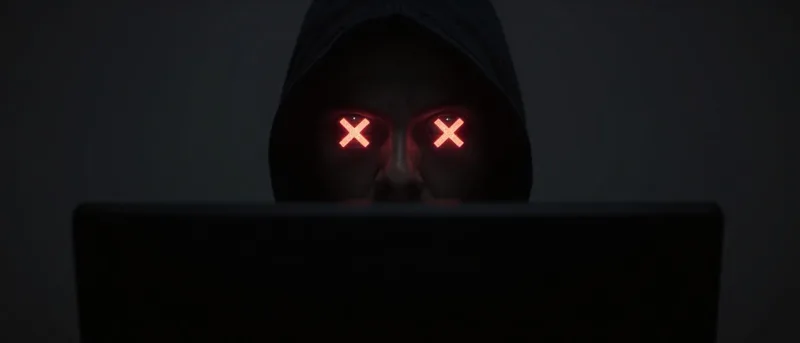Posted inCybersecurity News
Russia’s APT28 (Fancy Bear) uses Signal to deploy BEARDSHELL and COVENANT malware on Ukranian targets.
Russian state-sponsored hackers APT28 (also known as Fancy Bear or UAC-0001) have deployed a sophisticated malware campaign against Ukrainian government targets using Signal messenger to deliver malicious payloads. This operation leverages two previously undocumented malware families—BEARDSHELL and COVENANT—disguised within seemingly harmless files.










